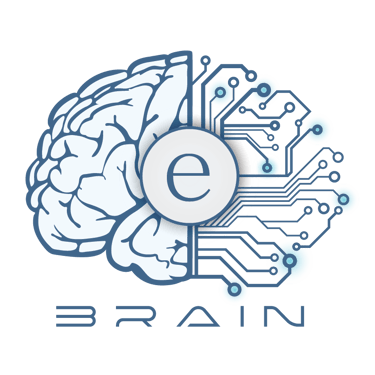IJCNN Special Session
This special session focuses on the intersection of neuromorphic computing, spiking neural networks, and autonomous systems. It highlights how bio-inspired approaches can enable intelligent, adaptive, and energy-efficient autonomous systems, particularly in areas like robotics, UAVs, and self-driving vehicles. Topics include advancements in neuromorphic algorithms, hardware, and cross-layer optimizations, with an emphasis on event-based dynamic vision sensing and multi-modal sensing for improved perception and responsiveness. The session addresses challenges such as real-time decision-making, continual learning, and building secure and robust systems, drawing insights from machine learning, robotics, and neuroscience communities.
NeuroCAS: Neuromorphic Computing for Intelligent Autonomous Systems
List of Topics (preferred, but not restricted to)
Spiking neural networks for real-time decision-making
Adaptive learning in dynamic environments for mobile agents
Neuromorphic hardware for autonomous systems
Cross-layer optimizations for neuromorphic AI
Energy-efficient neuromorphic processing for autonomous systems
Embodied neuromorphic intelligence for robotics, UAVs, and drones
Bio-inspired computing for swarm robotics
Brain-machine interfaces (BMIs) using neuromorphic computing
Reliability and security in neuromorphic systems
Benchmarking and evaluation of neuromorphic-based autonomous systems


Papers should be prepared according to the IEEE-IJCNN-2025 formatting guidelines and submitted as a single PDF file. We invite submissions that span the entire range of theoretical and practical contributions, including research concepts, methodologies, tools, simulations, applications, demonstrations, practical evaluations, perspectives, and surveys. All submissions will undergo a double-blind peer-review process, with evaluations based on several criteria such as originality, technical merit, potential impact, clarity of presentation, and reproducibility (where applicable).
For submission instructions (page limits, format, template), please follow the instructions page on the IJCNN website (https://2025.ijcnn.org/authors/initial-author-instructions). When you are ready to submit, please go to the IJCNN submission site: https://cmt3.research.microsoft.com/IJCNN2025/Submission/Index
When creating your submission, click on “Create new submission” and then “Main Track”. Afterward, in the “SUBJECT AREAS” field, please select “NeuroCAS: Neuromorphic Computing for Intelligent Autonomous Systems” as the primary subject area.
Submission Guidelines
All the deadlines are Anywhere on Earth (AoE)
Regular Paper Submission: 15 January 2025
Acceptance Notification: 17 March 2025
Final Camera Ready Paper: 1 May 2025
Conference Dates: 30 June – 5 July 2025
Important Dates


Dr. Alberto Marchisio
Research Team Leader, New York University (NYU) Abu Dhabi, UAE








Prof. Muhammad Shafique
Prof. of Electrical and Computer Engineering, Director of eBRAIN Lab, New York University (NYU) Abu Dhabi, UAE


Prof. Maurizio Martina
VLSI Lab, Politecnico di Torino, Turin, Italy


Dr. Hadjer Benmeziane
Research Scientist, IBM Zurich, Switzerland
Organizing Members




Dr. Arnab Raha
Senior Research Scientist, Advanced Architecture Research, Intel AI, USA




